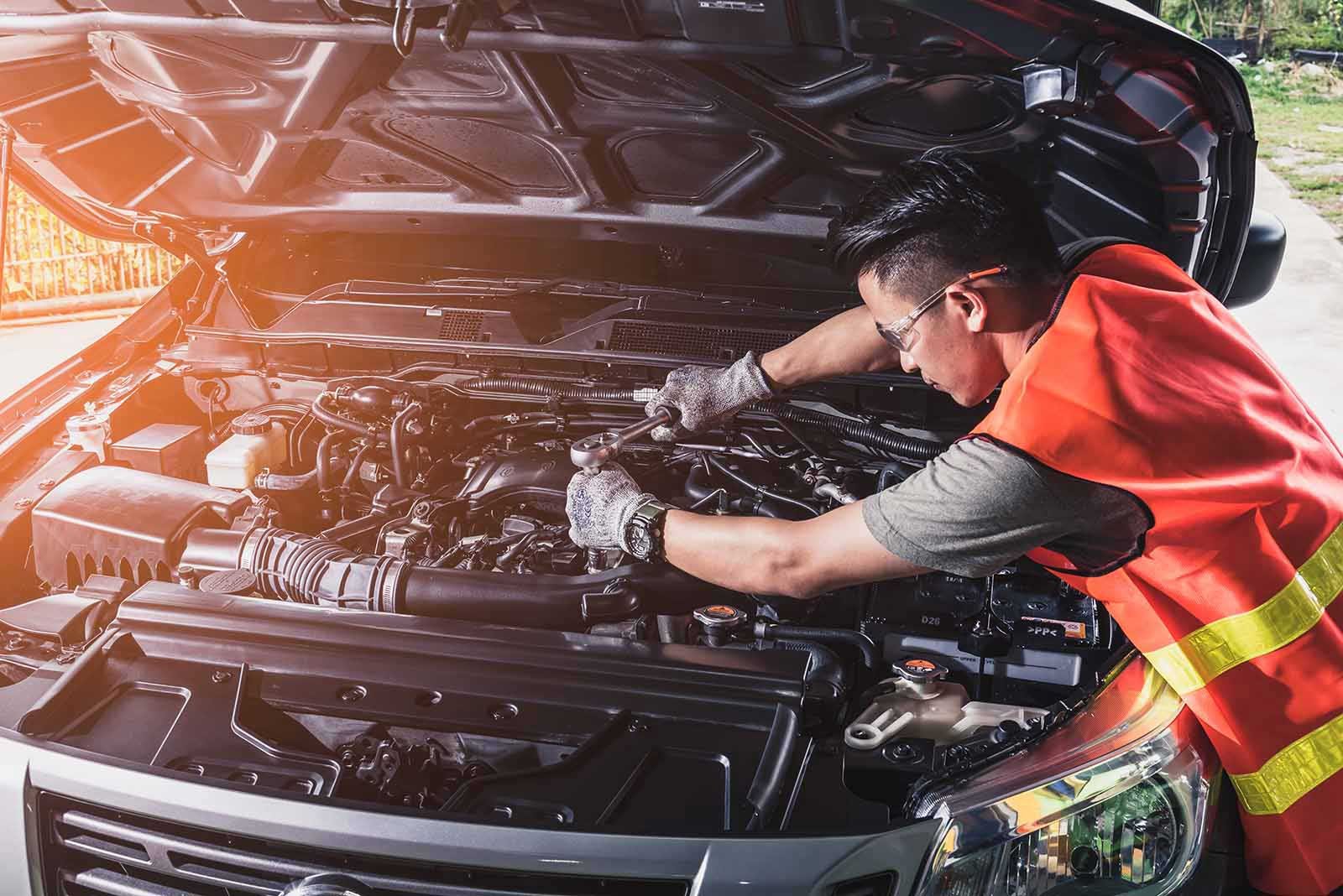As electric vehicles (EVs) become more popular, the demand for skilled electric car mechanics has grown significantly. Unlike traditional gasoline-powered cars, electric vehicles come with unique components and technologies that require specialized knowledge and expertise. A qualified electric car mechanic must possess a diverse set of skills to ensure these vehicles are maintained, repaired, and optimized for peak performance. Here are the essential skills every electric car mechanic should have:
1. Understanding of Electric Powertrain Systems
Electric vehicles operate on an entirely different powertrain system compared to traditional cars. Mechanics must have a solid understanding of electric motors, battery management systems (BMS), power electronics, and controllers. They should be able to diagnose, repair, and maintain the motor and its associated components, ensuring the vehicle runs efficiently.
- Key Skills: Understanding of motor function, battery charging and discharging, BMS troubleshooting.
2. Battery Maintenance and Troubleshooting
The battery is the heart of any electric car. As a mechanic, it’s crucial to understand the different types of batteries used in EVs (e.g., lithium-ion) and how to maintain, repair, or replace them. Knowledge of battery management systems is also important to ensure safe operation and longevity of the battery. Mechanics should be adept at diagnosing issues related to charging, battery life, and performance.
- Key Skills: Battery diagnostics, battery replacement, BMS calibration, charging system troubleshooting.
3. Knowledge of Charging Systems
Electric car mechanics must be familiar with the various charging systems, including Level 1, Level 2, and DC fast charging, as well as the differences between AC and DC charging. Understanding how to inspect, maintain, and troubleshoot charging stations and connectors is essential, as improper charging can damage the vehicle’s battery and electrical systems.
- Key Skills: Charging station diagnostics, understanding of charging ports, troubleshooting charging problems.
4. Advanced Diagnostic and Electrical Troubleshooting Skills
Electric vehicles rely heavily on electrical systems for nearly every function, from motors and lights to climate control and infotainment systems. A mechanic must have advanced electrical knowledge to diagnose and repair issues with circuits, sensors, wiring, and other electrical components. Proficiency with diagnostic tools and software is critical for identifying faults and performing accurate repairs.
- Key Skills: Electrical system diagnostics, use of diagnostic software, circuit testing, wire tracing.
5. Safety Protocols for Handling High-Voltage Systems
Electric vehicles are equipped with high-voltage systems, especially in the battery packs and drive motors. Electric car mechanics need to understand the safety protocols for working with these systems to prevent accidents and ensure personal safety. Knowledge of isolating and discharging high-voltage components is essential before performing repairs or maintenance.
- Key Skills: High-voltage system safety, use of personal protective equipment (PPE), isolating and discharging high-voltage components.
6. Understanding of Regenerative Braking Systems
One of the defining features of many electric cars is regenerative braking, which allows the vehicle to recover energy during braking and store it back in the battery. Mechanics need to understand how regenerative braking systems work and how to diagnose and repair any issues related to this feature. Proper functioning of the braking system is crucial for vehicle safety and efficiency.
- Key Skills: Regenerative braking system diagnostics, brake component maintenance, performance optimization.

7. Software and Firmware Knowledge
As electric vehicles are driven by complex software, understanding how to troubleshoot and update software is a key skill for mechanics. Many modern EVs come with over-the-air updates, and mechanics need to be familiar with software tools that monitor and modify system parameters. Being able to perform software updates, install new firmware, and troubleshoot software-related issues is increasingly becoming a standard requirement.
- Key Skills: Software diagnostics, performing over-the-air updates, troubleshooting firmware issues, reprogramming vehicle systems.
8. Familiarity with EV-Specific Tools and Equipment
Electric vehicles require specialized tools and equipment for maintenance and repair. A mechanic must be trained in using these tools properly to avoid damage to sensitive components. Tools like electric vehicle service equipment (EVSE), diagnostic scan tools, and voltage testers are essential for working on electric cars.
- Key Skills: Use of EV-specific tools, diagnostic scan tools, voltage testers, service equipment.
9. Sustainability and Environmental Awareness
Electric vehicles are part of the push toward a greener, more sustainable future, and mechanics need to be well-versed in the environmental benefits and challenges of EVs. They should be aware of the recycling and disposal methods for batteries and components, ensuring that old parts are disposed of in an environmentally responsible way.
- Key Skills: Knowledge of recycling protocols for EV parts, eco-friendly practices, understanding environmental impact.
10. Customer Communication and Education
As more people switch to electric vehicles, mechanics will often find themselves educating customers about their new EVs. Being able to explain technical issues in a clear and understandable way is important for customer satisfaction. Mechanics should also be able to offer advice on the best practices for maintaining and maximizing the life of the electric vehicle.
- Key Skills: Customer communication, technical explanations, customer education, providing maintenance advice.
11. Knowledge of EV Regulations and Standards
The EV industry is highly regulated, with various safety standards, emissions rules, and warranty requirements in place. A skilled mechanic must stay up to date with these regulations and ensure that any work performed meets industry standards. This includes understanding manufacturer-specific guidelines and regulatory compliance for EV repairs.
- Key Skills: Knowledge of EV regulations, safety standards, warranty requirements, compliance with industry norms.
Conclusion
The role of an electric car mechanic is rapidly evolving as the popularity of electric vehicles continues to rise. Electric vehicles are complex machines that require specialized skills and training to repair and maintain. From working with high-voltage systems to understanding regenerative braking and software updates, a competent EV mechanic must have a diverse set of skills. By staying informed and continuously learning about new technologies, these professionals play a key role in the safe, efficient, and effective operation of electric vehicles.